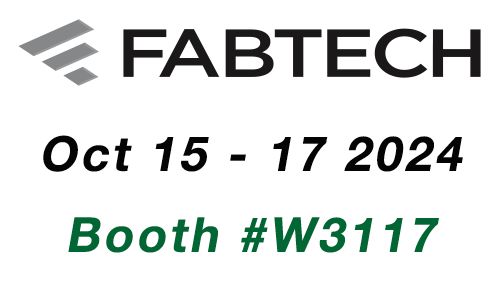Non-Sparking Tool Materials: Aluminum Bronze Tools vs Copper Beryllium Tools
When selecting the right alloy for your non-sparking, non-magnetic safety tools, you have two choices: copper beryllium tools or aluminum bronze tools. It’s important to keep a few key properties in mind: zone compatibility, hardness, durability, magnetic properties, and composition.
Different zones require certain alloys. Our copper beryllium tools fulfil ATEX requirements for work in a number of zones, including 0, 1, and 2 (for gas, mists, or vapors); 20, 21, and 22 (for dusts); and M1 and M2 (mining). CS Unitec’s aluminum bronze tools are appropriate for work in zones 1 and 2, and 21 and 22. Beryllium copper tools can handle more environments.
Hardness is an aspect to keep in mind in this selection process as well. Our aluminum bronze alloy tools have a hardness of 27 HRC. If your application requires a tool with higher hardness rating, copper beryllium equipment, with an HRC of 38, is a good choice.
Beryllium copper tools are extremely durable, due to the alloy’s tensile strength and high hardness. Aluminum bronze tools, because of their chemical composition, are not as durable as copper beryllium equipment.
Magnetic properties of these alloys are another important aspect in choosing the correct tool for your application. If you need a tool for non-critical, non-magnetic applications, aluminum bronze equipment features low magnetism due to its minimal ferrous composition. Beryllium copper tools have a more non-ferrous composition, so this equipment is safer for applications that require non-magnetic properties.
Check out the composition qualities of each alloy below to see which works best for your application. Each user must follow all appropriate safety regulations when choosing a tool for their particular working environment.
Copper beryllium tools and aluminum bronze tools both offer a range of great qualities and usage. For more information, check our descriptive table below.
| Aluminum-Bronze (AlBr) Alloy | Copper-Beryllium (CuBe2) Alloy | |
|---|---|---|
| Zone Compatibility | Fulfill demand in ATEX Directive 94/9/EC for work in Zones 1, 2, 21 and 22 | Fulfill demand in ATEX Directive 94/9/EC for work in Zones 0, 1, 2, 20, 21 and 22 |
| Hardness | 27 HRC | 38 HRC |
| Durability | Not as durable as CuBe. | Very durable due to high hardness and tensile strength. |
| Magnetic Properties | Low magnetism due to minimal ferrous components. Appropriate for non-critical non-magnetic applications. | Non-ferrous components; safer for applications demanding non-magnetic properties. |
| Composition | Al: 10.3% Fe: 4.5% Ni: 4.5% Other: 0.5% Cu: Balance | Be: 1.9% Co + Ni: 0.4% Other: 0.5% Cu: Balance |
Safety Tools must only be ground or reshaped by companies approved for grinding such material, according to OSHA regulations.
Exact appearance and/or specifications subject to change without notice.
MSDS (Safety Data Sheet) / Bulletin can be provided upon request or can be downloaded here:
ATEX information: http://ec.europa.eu/growth/sectors/mechanical-engineering/atex/index_en.htm
BAM Certification Information (PDF)
Choosing the right alloy – AlBr or CuBe – for your application. (Download
Ex Zone / Non-Sparking Tool Poster
, PDF, 225k)Download the
Complete Safety Tool & Non-Sparking Catalog (PDF)
We also offer ATEX-approved air and hydraulic power tools for use in Ex zones.
 Urgent Weekend/Holiday Fulfillment Available - Click For Details
Urgent Weekend/Holiday Fulfillment Available - Click For Details 




